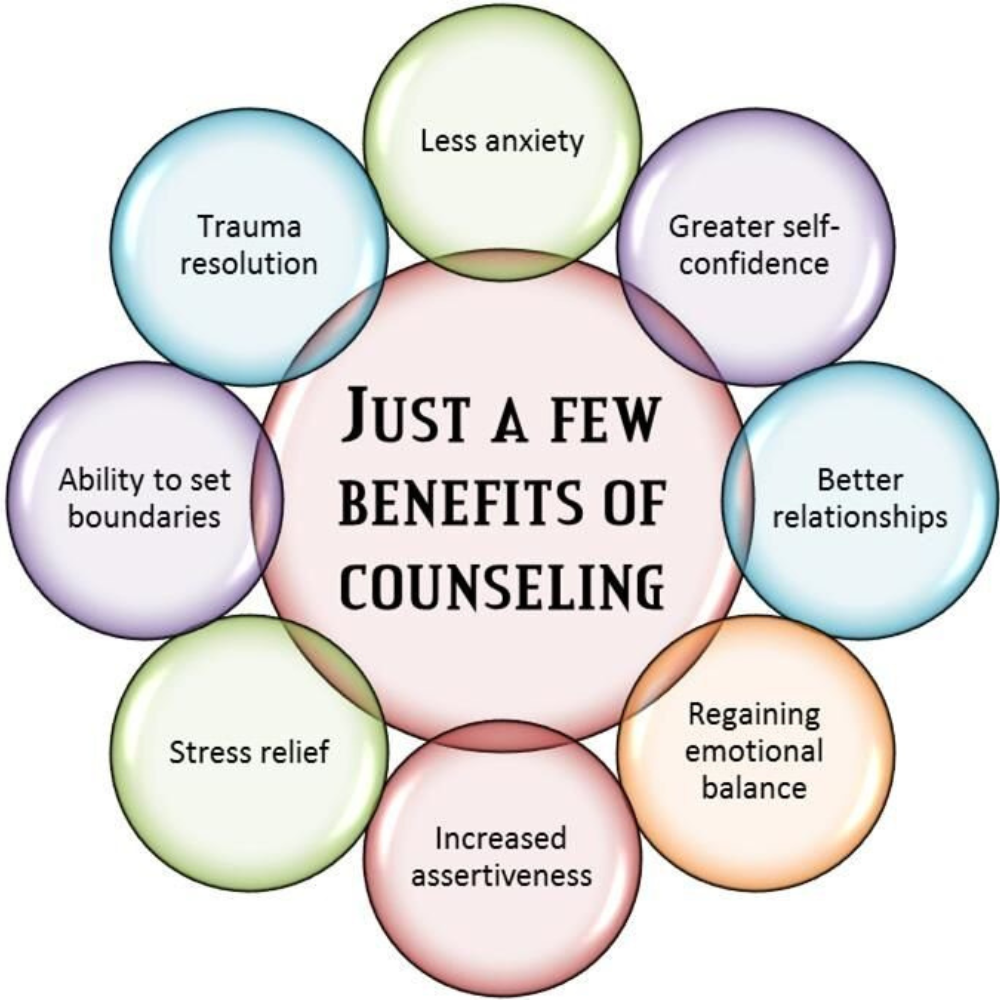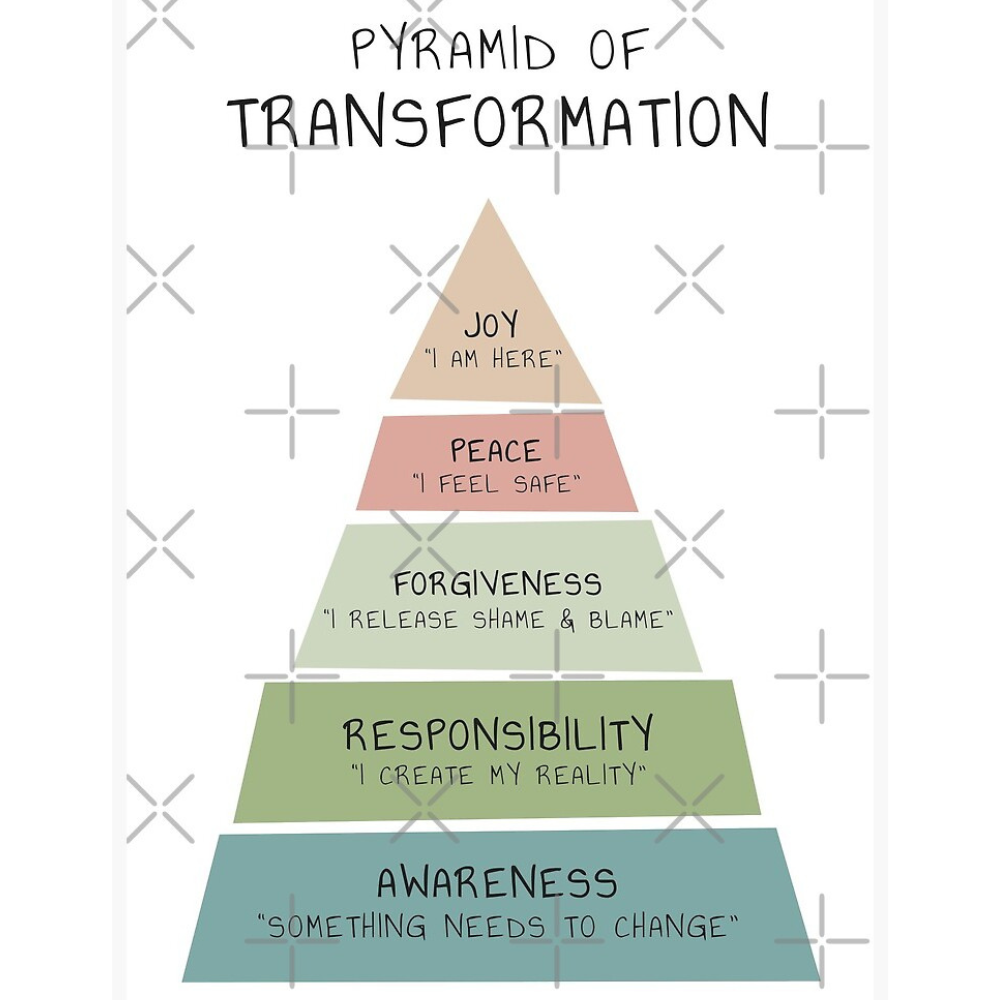Trauma-Informed Individual Counseling in Farmington Hills
Available in-person and virtually across Michigan.
Deep trauma healing begins with safety, not force.
Life asks us to carry so much.
Memories we never processed.
Pain we tucked away to survive.
Emotions our body still remembers long after our mind tries to forget.
At Thrive, healing does not depend on willpower or pushing through.
It depends on safety, compassion, and nervous-system attunement.
Individual counseling at Thrive supports you in understanding why you feel what you feel — And gently releasing patterns shaped by trauma, betrayal, attachment wounds, or overwhelming life experiences.
*This is not surface-level talk therapy. It is deep, embodied, trauma-informed counseling.*
Your symptoms are not random — They are adaptations.
Most clients come to us not because they are “broken,” but because their nervous system has been carrying too much for too long.
We support individuals navigating:
- Post-Traumatic Stress or Complex Post-Traumatic Stress
- Childhood trauma or emotional neglect
- Relational or betrayal trauma
- Sexual betrayal or addiction-related wounds
- Panic, anxiety, internal chaos
- Patterns of self-abandonment, perfectionism, or people-pleasing
- Shutdown, numbness, emotional disconnection
- Hypervigilance, irritability, overwhelm
- Attachment wounds (avoidant/anxious/disorganized)
- Identity loss after trauma, betrayal, or addiction
- Somatic symptoms tied to emotional pain
*Your reactions make sense. We help you understand them with compassion and clarity.*
If you want to feel understood — Not analyzed — You’re in the right place.
Individual counseling may be a good fit if you:
- Feel overwhelmed, anxious, or shut down
- Carry trauma you’ve never spoken about
- Feel disconnected from yourself or others
- Struggle with identity after betrayal or addiction
- Want more than coping skills or insight
- Sense “there’s something deeper going on”
- Are ready for emotional clarity and nervous-system healing
We offer individual counseling both in-person and virtually across Michigan.
*This work is for people who know there is more beneath the surface.*
Healing happens in relationship — Not in rushing.
Therapy at Thrive is not a formula or fixed protocol.
It is a collaborative process shaped around your nervous system, history, and readiness.
We begin with safety.
In sessions, your therapist may support you in:
- Understanding how your nervous system learned to survive
- Working gently with emotions stored in the body
- Identifying patterns of shutdown, panic, or over-control
- Rebuilding capacity for calm, connection, and choice
- Moving at a pace your system can tolerate
Nothing is forced. Nothing is rushed.
*We heal the root — Not just the reaction.*
Nothing inside you is wrong — It learned to protect you.
Many people feel stuck because different parts of them want different things.
One part wants change. Another part is trying to keep you safe.
Using an attachment-informed and parts-based approach (including Internal Family Systems-informed work), therapy helps you:
- Understand protective parts without judgment
- Care for wounded or younger parts with compassion
- Explore how attachment wounds shape closeness, trust, and conflict
- Build internal safety so healing does not feel overwhelming
We also pay close attention to the therapeutic relationship itself — because healing happens in connection, not isolation.
*When parts feel safe, change becomes possible.*
Techniques support healing — They never override safety.
Depending on your needs and readiness, your therapist may gently integrate tools such as:
These are not separate services you must choose.
They are supports woven into therapy when — And only when — Your nervous system is ready.
*The relationship leads. Techniques follow.*
There is no one-size-fits-all healing.
Your therapy may draw from approaches such as:
- Cognitive Behavioral Therapy (CBT)
- Dialectical Behavior Therapy (DBT)
- Interpersonal Therapy (IPT)
- Solution-Focused Therapy (SFT)
All approaches are used within a trauma-informed framework, meaning sessions are paced according to nervous-system capacity — Not urgency or pressure.
*Safety comes before strategy.*
Healing moves at the speed of safety — Never urgency.
In individual counseling, your therapist will help you:
Slow down and regulate your nervous system
Explore emotional patterns gently, without pressure
Understand inner-child and protective parts
- Build tolerance for difficult sensations or memories
- Develop emotional resilience and self-trust
- Reconnect with parts of yourself lost to survival
You can pause.
You can slow down.
You are always in control.
*Nothing is forced. Everything is collaborative.*
Trauma affects the whole system — We support every part.
Many clients also explore:
No. Many clients arrive unsure — Clarity comes through the work.
*You don’t need answers to begin.*
You do not need a diagnosis. We support anyone carrying overwhelming emotional patterns.
Many clients have had this experience. Often, previous therapy focused only on thinking — Not the body or nervous system.
Yes. We provide trauma-informed individual therapy both in-person and virtually for adults across Michigan.
We never rush or force disclosure. Your pace is honored.
Primarily adults. Older teens may be accepted on a case-by-case basis.
We accept some insurance plans and are out-of-network for others. For out-of-network plans, we provide receipts (superbills) that you may submit for reimbursement.
You are not broken.
Your struggles make sense.
Support is not weakness
It is choosing to care for yourself differently.
You don’t have to carry this alone.
When you’re ready, we’re here



